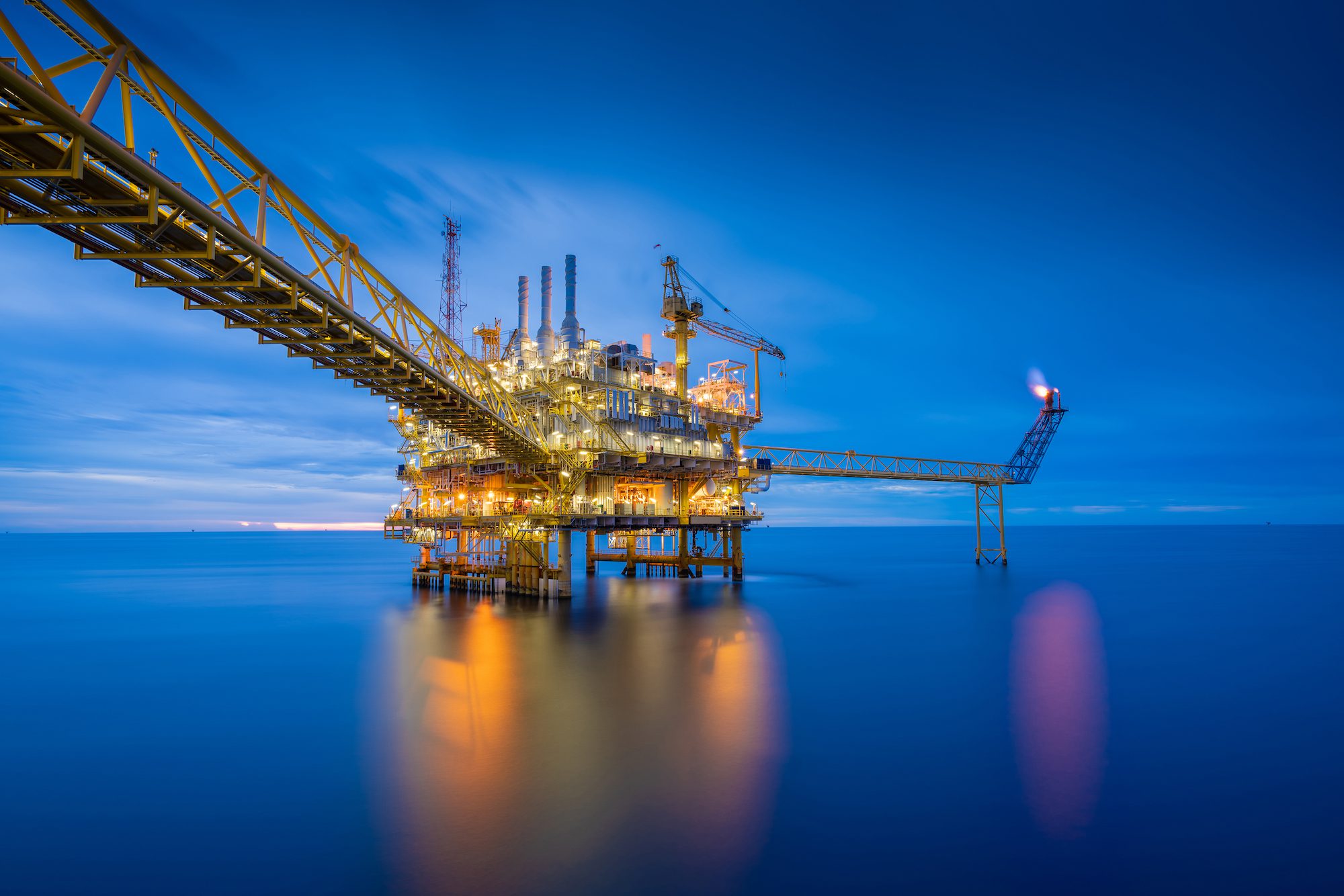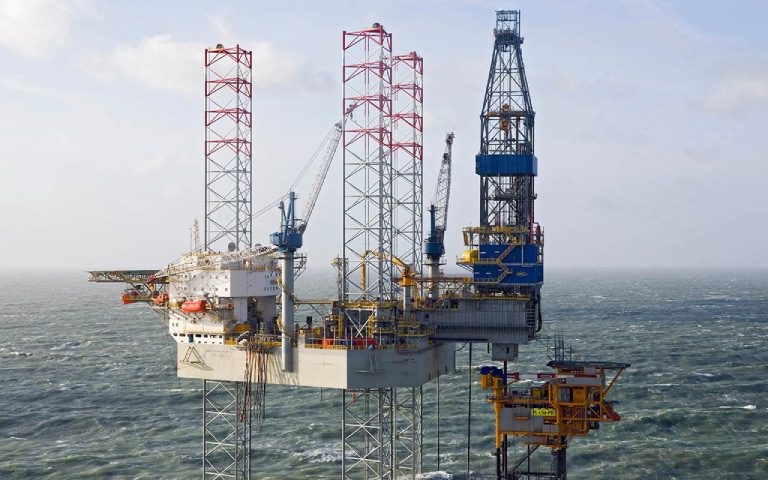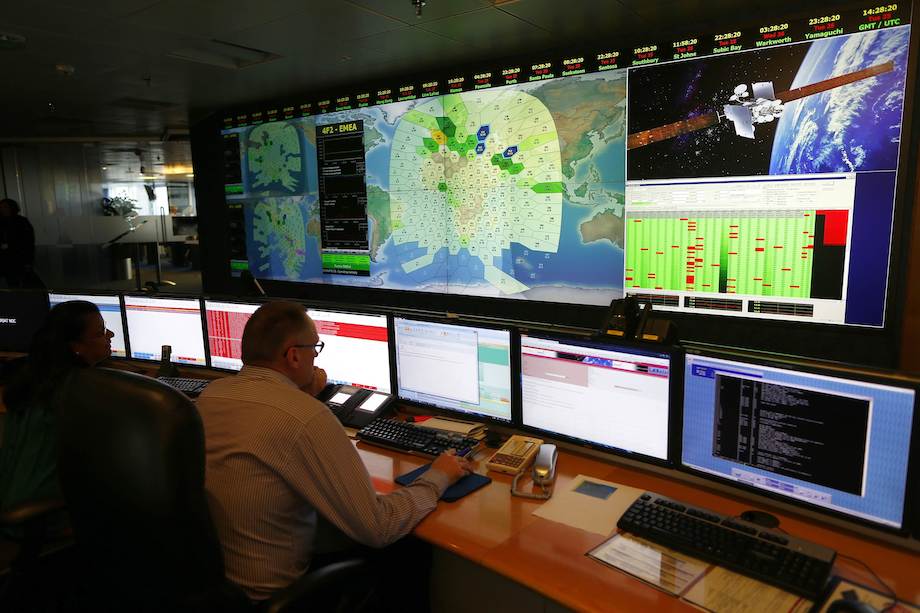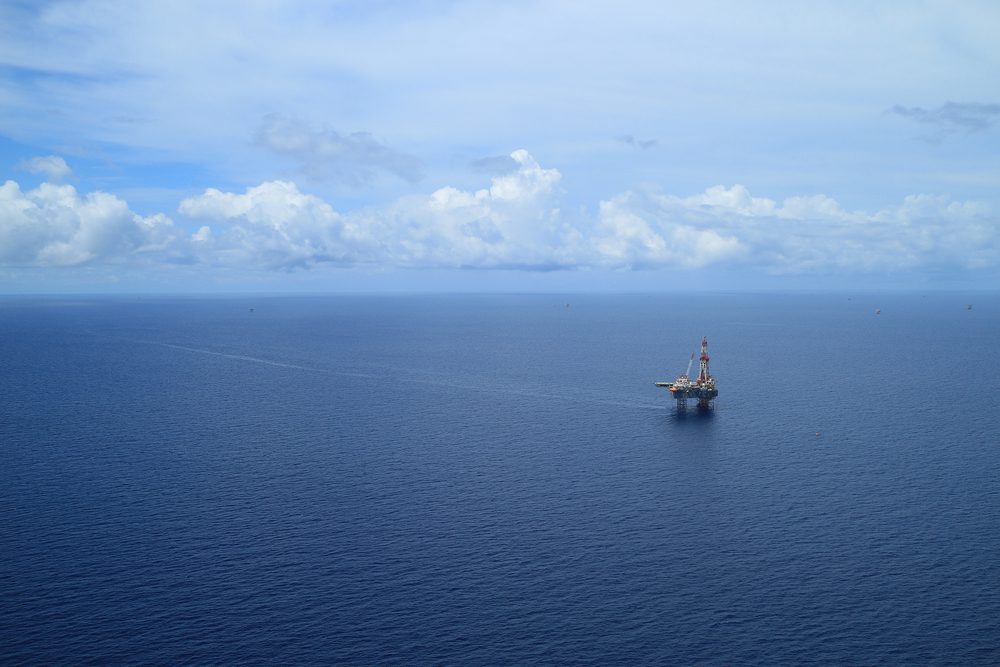Updated: October 11, 2023 (Originally published January 3, 2023)
Oilfield services company Baker Hughes has been awarded a contract to supply the CO2 compression equipment for Petronas’ Kasawari offshore carbon capture and sequestration (CCS) project in Sarawak, Malaysia.
The project is expected to be the world’s largest offshore CCS facility, with capacity to reduce CO2 emissions by 3.3 million tons per annum (MTPA).
Carbon capture and storage is considered a key component for reducing carbon emissions from industrial sources.
The Baker Hughes compressors will be used to allow the transportation and re-injection of the CO2 separated from natural gas into a depleted offshore field via a subsea pipeline—significantly reducing the amount of CO2 emitted via flaring from the Kasawari gas development.
“This award demonstrates the viability of significant, commercial-scale carbon-capture projects, which are critical for the energy transition,” said Rod Christie, executive vice president of Industrial & Energy Technology at Baker Hughes. “This project proves that CCS technology can be deployed even in challenging environments, including offshore gas facilities, and provides an important step forward for reducing emissions from natural gas production.”
Malaysian national oil and gas company Petronas says the CCS project will help it establish Malaysia as a global carbon capture, utilization and storage (CCUS) hub. A final investment decision on the project was approved in October.
Baker Hughes says it will deliver two trains of low-pressure booster compressors that will use membrane separation technology remove CO2, as well as two trains for re-injecting the separated CO2 into a dedicated storage site.
The trains will be fitted with PGT25+ and PGT25 gas turbines with Dry Low Emission technology for greater fuel efficiency and reduced nitrogen oxides emissions even with high CO2 content fuel gas. The compressors’ casing will also help to reduce the footprint compared to other standard solutions.
The Kasawari development is a greenfield project located in the Malaysian sector of the South China Sea with an estimated trillion cubic feet (tcf) of recoverable gas resources. It’s being developed and operated by Petronas Carigali, a wholly-owned subsidiary Petronas. The project is expected to come on-stream in 2023 and produce up to 900 million cubic feet of gas (mcf) per day.
Editorial Standards · Corrections · About gCaptain

 Join The Club
Join The Club











